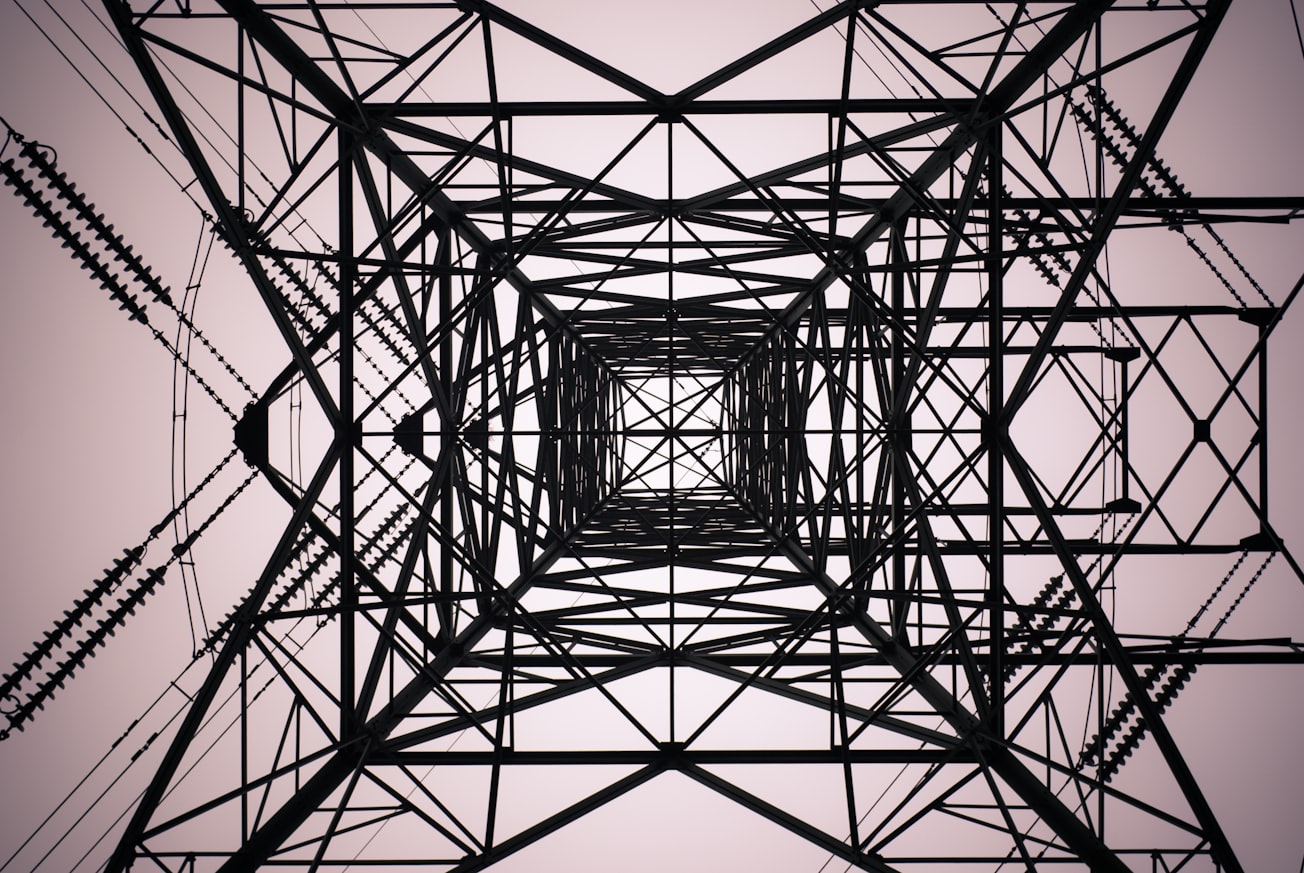What is it about?
The text discusses the challenges associated with the increasing use of renewable energy sources and proposes Power-to-X (PtX) technologies as a solution to address the challenges associated with the intrinsic fluctuations of renewable energy sources. The article examines four different PtX technologies, including the production of methane, diesel, methanol, and formic acid as chemical entity "X". The text compares the global warming impact (GWI) of each technology to that of current fossil-based production. The potential benefits of using PtX technologies to convert electricity into chemical energy sources, which can help mitigate climate change and make larger quantities of energy storable over longer periods of time, are also discussed.
Featured Image

Photo by Shane Rounce on Unsplash
Why is it important?
The study's findings are important because they suggest that Power-to-X (PtX) technologies could play a significant role in future energy systems with an increasing share of renewable primary energy sources in electricity generation. The study's detailed examination of four different PtX technologies offers insights into how offshore wind energy can be stored by producing hydrogen as a chemical intermediate, and then converting it into methane, diesel, methanol, or formic acid, and how the resulting energy can be transported. The study shows that PtX production using 100% renewable energy sources can significantly reduce the Global Warming Impact of methane, diesel, methanol, and formic acid production compared to current fossil-based production. The study's findings are relevant given the rapid increase in renewable energies and their high proportion of fluctuating energy, which leads to a significant increase in energy storage requirements. The study also highlights the need for further improvements in efficiency and integration of heat and recycle streams in forthcoming energy systems.
Perspectives
The article discusses the potential of Power-to-X (PtX) technologies in mitigating the spatial and temporal imbalances that arise due to the increasing use of renewable energy sources. PtX technologies harness electricity from renewable sources and convert it into an alternative chemical energy source that can be utilized, transported, and stored. The study concludes that PtX technologies can contribute to balancing the spatial and temporal disbalances between electricity generation and consumption, and that the shift of energy distribution to other transport methods can relieve the electricity grid.
Prof. Dr. Thomas Ernst Müller
Ruhr-Universitat Bochum
Read the Original
This page is a summary of: Promising pathways: The geographic and energetic potential of power-to-x technologies based on regeneratively obtained hydrogen, Renewable and Sustainable Energy Reviews, March 2021, Elsevier,
DOI: 10.1016/j.rser.2020.110644.
You can read the full text:
Contributors
The following have contributed to this page










